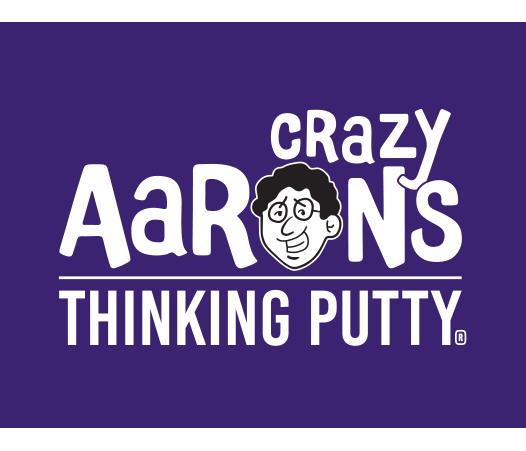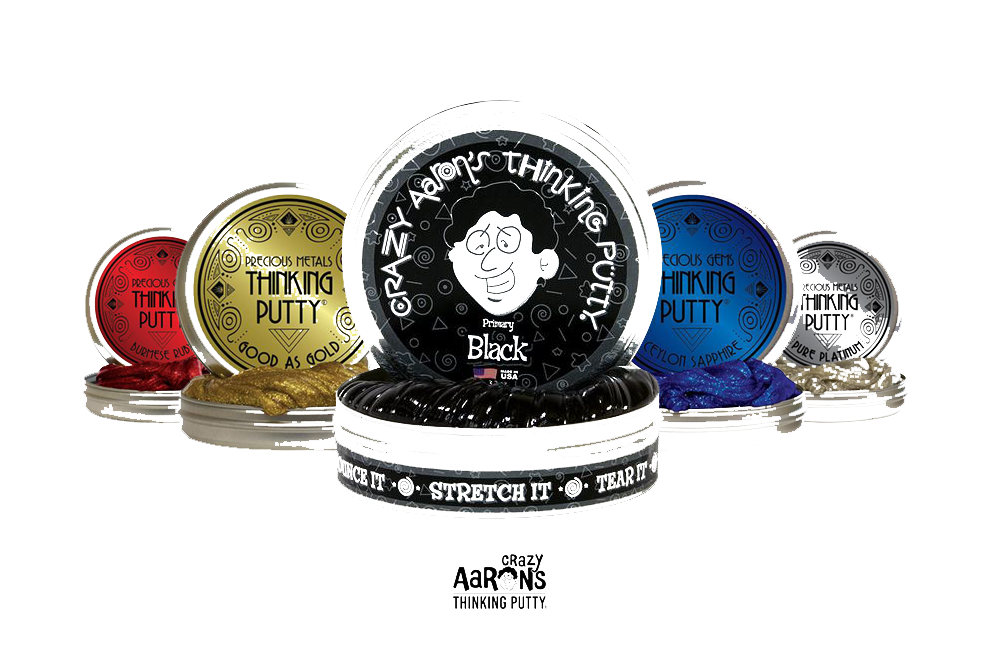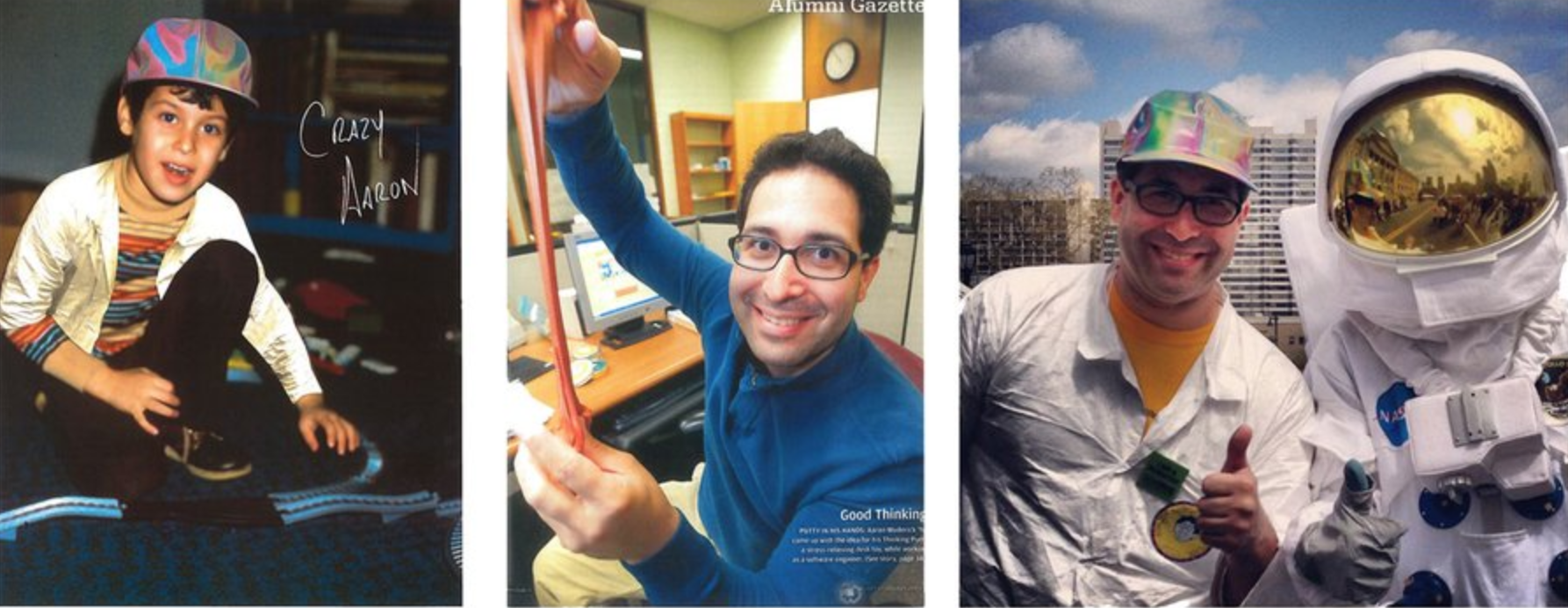A closer look at companies executing leadership excellence

If you ask Aaron Muderick what he does for a living, he’s likely to say, “Professional Kid”. Muderick, a fidgety computer scientist, was constantly playing with Silly Putty while thinking at work. One day, he borrowed some textbooks from a friend who had just completed her Ph.D. in chemistry.
He learned enough from the borrowed books to teach himself how to invent what he calls “Thinking Putty”. His company’s mission of occupying idle hands goes beyond creating cool desk toys. Muderick’s other goal is to provide employment opportunities for people living with intellectual disabilities.
In high school, he worked in a dog tag factory. He noticed that the only employees who seemed to really care about the job was a group of people with intellectual disabilities. When it came time to expand Thinking Putty from his basement, Muderick immediately thought of hiring people with physical and intellectual disabilities.
Today, more than 800 engaged and loyal employees create, package and ship 25 tons of the silicone rubber from Thinking Putty’s factory near Philadelphia. The more than 50 varieties of Thinking Putty include metallic colors and glow in the dark. At up to $15 a tin, Aaron and his team have created a multi-million dollar worldwide business.
Although it would be more cost effective to have Thinking Putty manufactured outside of the United States, there is much more to Muderick’s business model than bottom line profit.
“As kind of crazy as it sounds to send something half way across the world to put it in a box and send it back, it costs less money,” said Muderick in an interview for CBS. “But I just didn’t want to go down this path. Guys on the floor get to talk to me, and I get to talk to them, and we have a relationship.”
 Muderick encourages other business owners in the Philadelphia region about employing people with intellectual disabilities. According to a report prepared for the Employer Assistance and Resource Network on Disability Inclusion (EARN), employing people with disabilities has been shown to benefit businesses due to lower turnover, increased productivity and access to a broader pool of skilled workers.
Muderick encourages other business owners in the Philadelphia region about employing people with intellectual disabilities. According to a report prepared for the Employer Assistance and Resource Network on Disability Inclusion (EARN), employing people with disabilities has been shown to benefit businesses due to lower turnover, increased productivity and access to a broader pool of skilled workers.
For people with disabilities, like those who work at Thinking Putty, employment means greater economic self-sufficiency, an opportunity to use their skills, and more active participation in community life.
Kudos to Aaron Muderick, Professional Kid!

